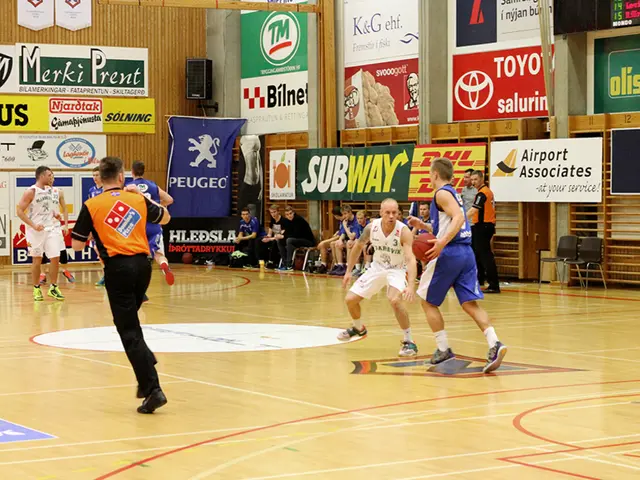"Alleviating Monotony in ADHD: Strategies for Staving Off Boredom"
In a world where maintaining focus and engagement can be a challenge, individuals with Attention Deficit Hyperactivity Disorder (ADHD) often face unique hurdles. Letitia Sweitzer, in her book "The Elephant in the ADHD Room," argues that boredom and the avoidance of it drive the clinical diagnostic types of ADHD.
Boredom, a common experience for many, can be particularly problematic for those with ADHD. High rates or intensity of boredom are core symptoms of people with ADHD, and they can lead to poor academic performance, problems with relationships, and feelings of rejection.
Neurotypical individuals, on the other hand, often find it easier to focus on tasks they find boring compared to individuals with ADHD. This discrepancy can make managing boredom even more challenging for those with ADHD.
So, how can one effectively manage boredom when dealing with ADHD? Sweitzer and other experts offer several pieces of advice.
One strategy is to identify activities, work, assignments, and outlets of expression that are interesting. Engaging in stimulating activities such as handling fidget toys, listening to audiobooks, playing games, learning new skills, practicing mindfulness, working on puzzles, or taking creative courses can help manage boredom.
Remixing boring tasks by incorporating stimulating elements like music playlists, fidget toys, or creative environments can also help keep you engaged. Writing down top joys and interests can be a useful tool during periods of boredom.
Taking self-discovery time may also help find activities that will allow you to avoid boredom. Small rewards for yourself once a task is complete can serve as motivation to stay engaged.
Authors like Dr. William Dodson and Dr. Ari Tuckman have described strategies to overcome boredom intolerance in ADHD. They suggest using highly stimulating and varied activities, breaking tasks into smaller, engaging parts, and incorporating frequent breaks to maintain focus and motivation.
Setting a timer to take a break can help manage boredom during less interesting tasks. Organizational tools like index cards can be effective in selecting an activity when boredom strikes.
It's important to note that individuals with ADHD may have lower levels of dopamine, a chemical messenger in the brain that regulates focus and communicates reward. This can contribute to a need for increased stimulation and a higher likelihood of losing focus in tasks that are not stimulating.
However, feeling bored can lead to problematic behaviours, such as calling out in class or joining in on conversations that don't involve you. So, managing boredom is not just about personal satisfaction, but also about maintaining a positive and productive environment.
In conclusion, managing boredom for individuals with ADHD requires a combination of strategies, from identifying interesting activities to incorporating stimulating elements into tasks. By understanding the unique challenges faced by those with ADHD and implementing these strategies, one can help navigate the challenges of boredom and lead a more fulfilling life.
Read also:
- Nightly sweat episodes linked to GERD: Crucial insights explained
- Antitussives: List of Examples, Functions, Adverse Reactions, and Additional Details
- Asthma Diagnosis: Exploring FeNO Tests and Related Treatments
- Unfortunate Financial Disarray for a Family from California After an Expensive Emergency Room Visit with Their Burned Infant




